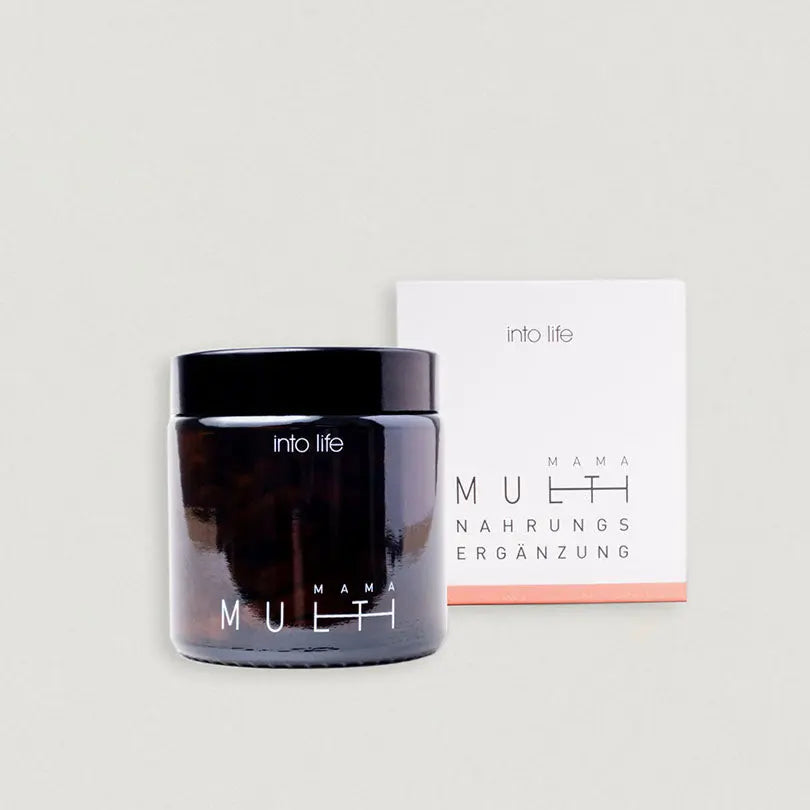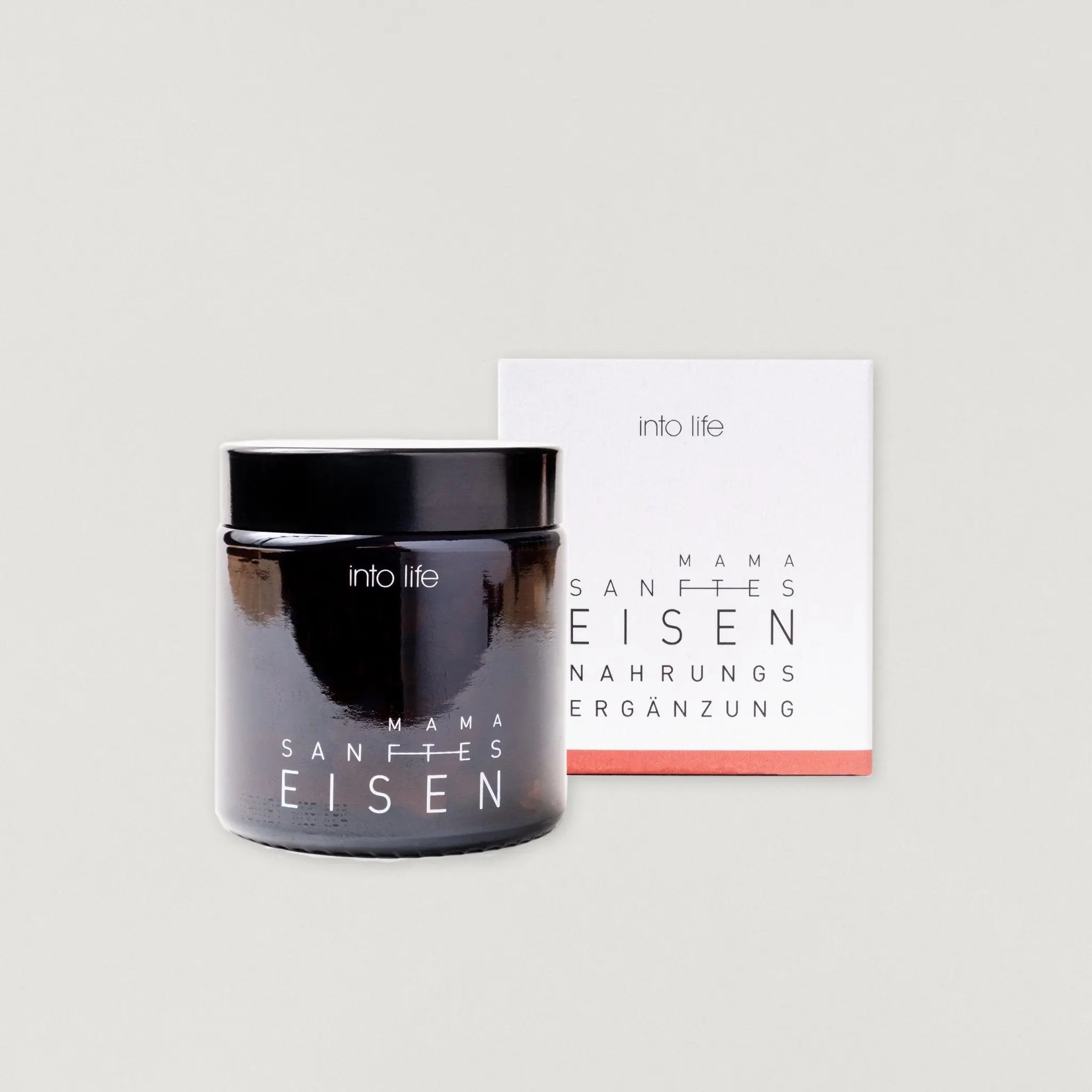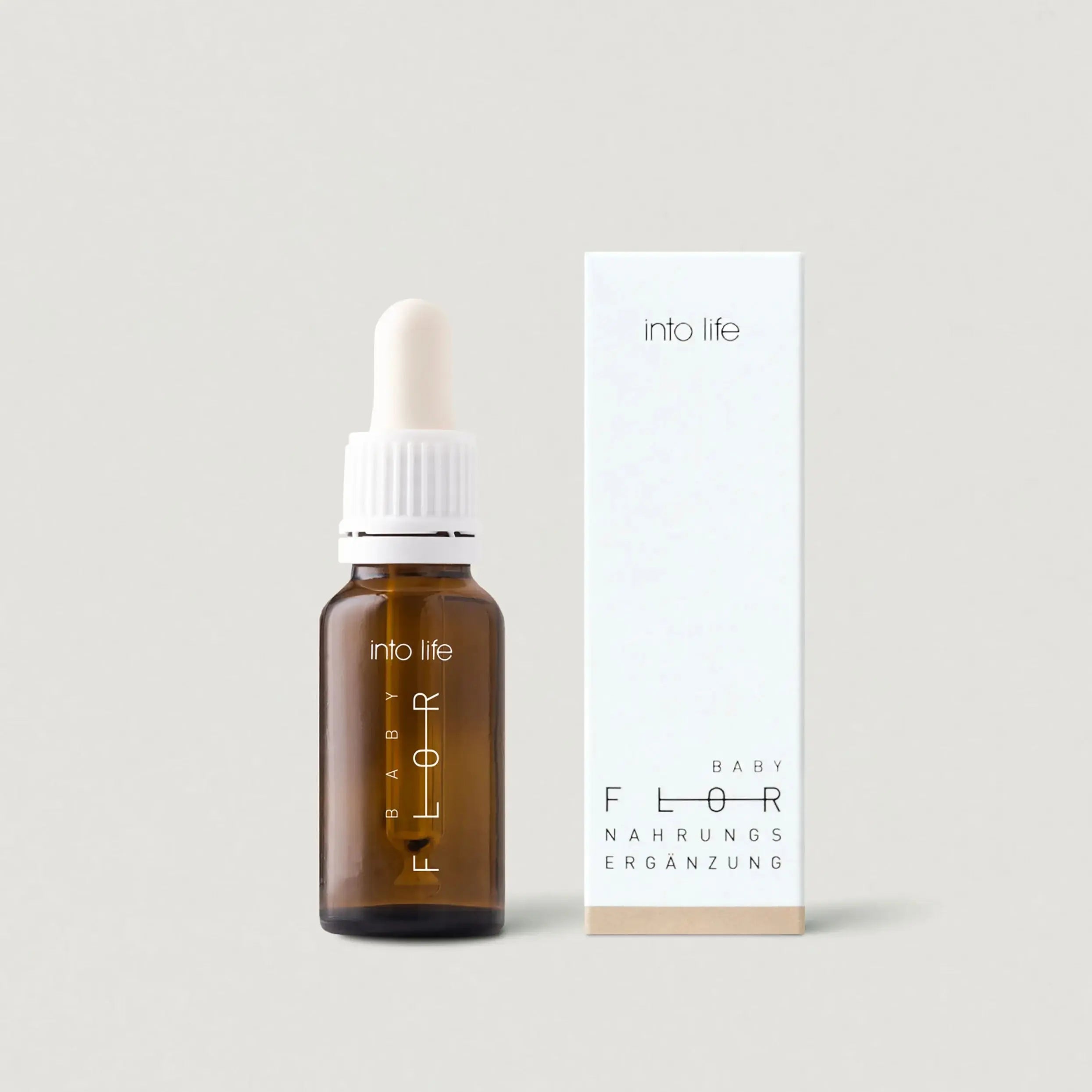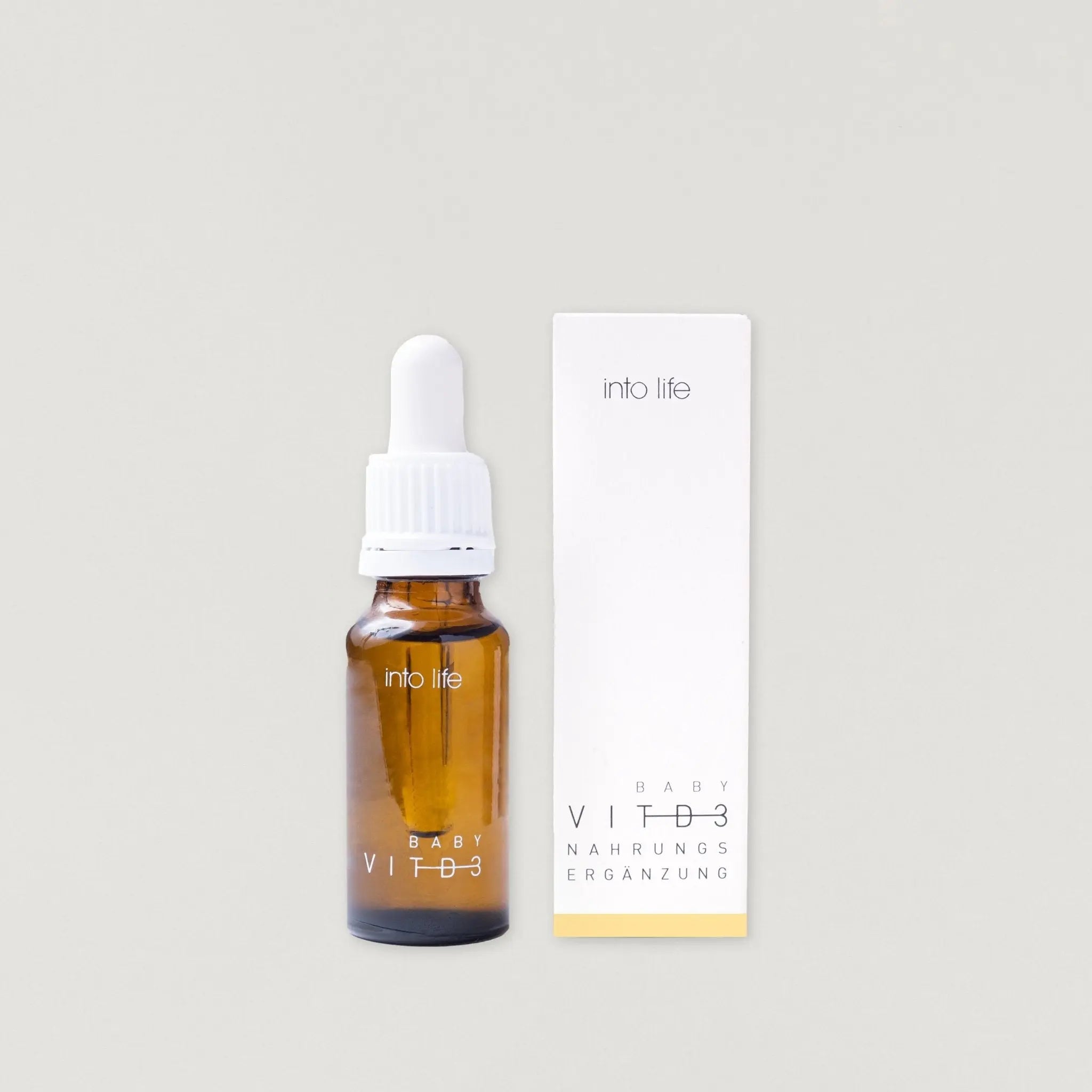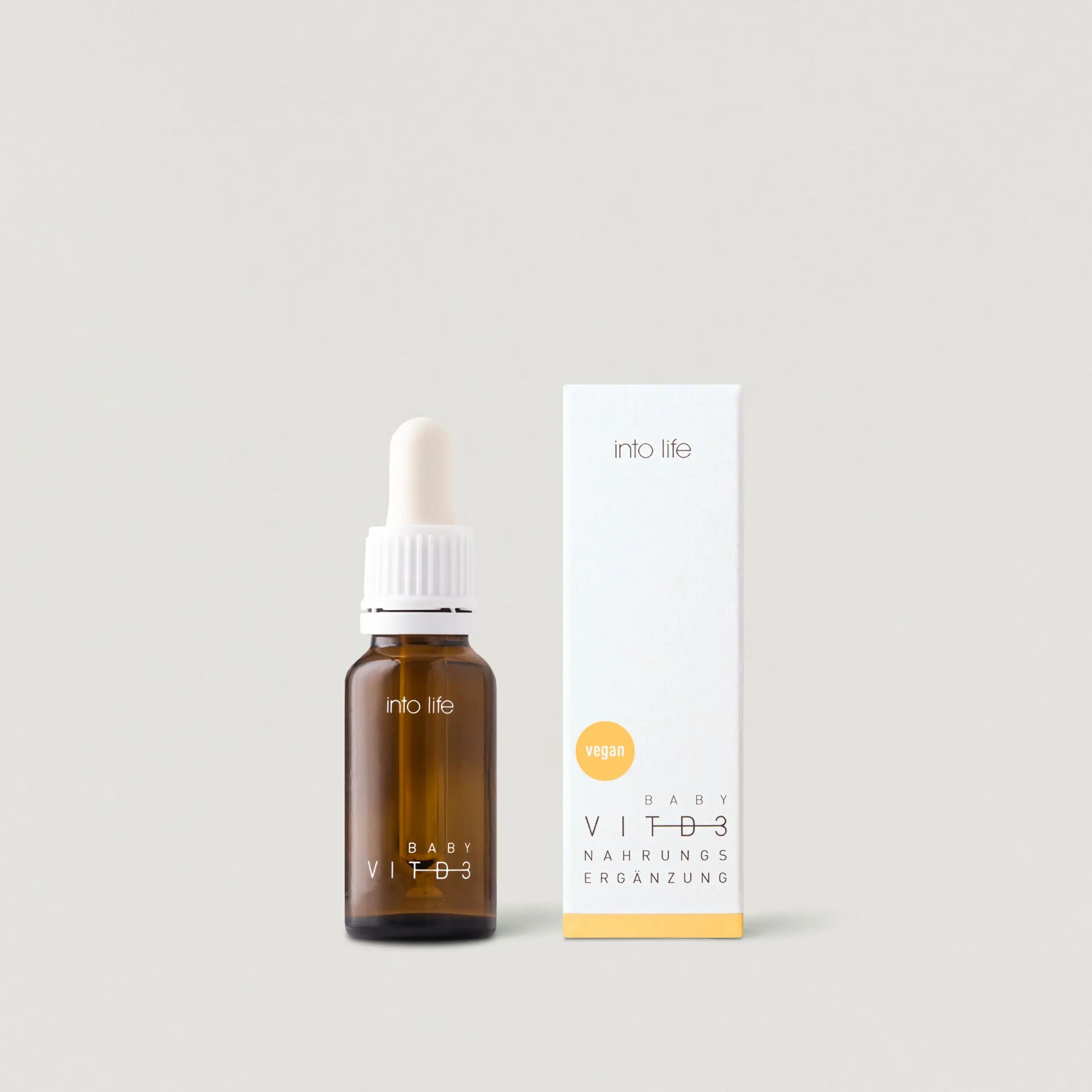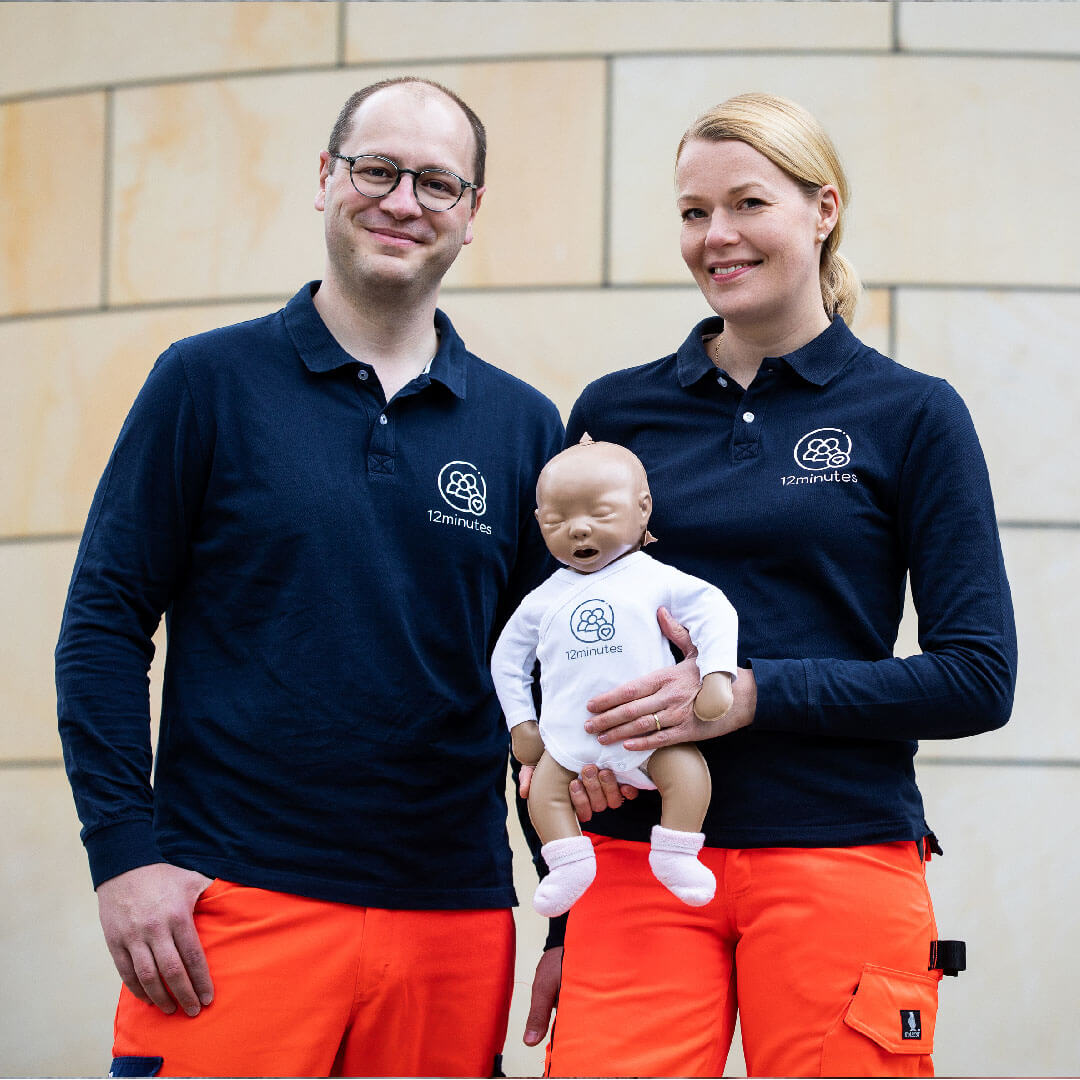Have you gotten a positive pregnancy test result, but still have to wait one or two weeks for an appointment at your gynecologist's office? We recommend that you learn the basics of proper nutrition now. After all, you are no longer feeding just yourself, but also your baby. Your baby gets vitamins and nutrients from the umbilical cord, but they can also absorb harmful substances in the same way. We have put together a list of things for you to avoid for the next few months, how a balanced diet can work despite nausea, etc:
Even if you don't feel like eating right now - food is now more important than ever!
Foodborne Illnesses
The reason you shouldn't eat certain foods during pregnancy is to avoid food-borne pathogens that can harm your unborn baby. The usually harmless pathogens can often have serious consequences for your unborn child.
The following pathogens in particular play a role here:
Welche Erreger für Infektionskrankheiten sind in der Schwangerschaft gefährlich?
Diese Erreger sind für dein Baby und dich während der Schwangerschaft gefährliche.
Toxoplasmosis is a common infection caused by a tiny parasite called Toxoplasma gondii. Cats are the main source of this parasite. It gets into the environment through cat faces and can end up in our food.
Listeria are bacteria that are usually harmless to healthy people and only cause mild flu-like symptoms.
These bacteria can be found in raw milk cheese, raw meat or sausage, and raw or smoked fish.
You've probably already heard of these kinds of bacteria. Contracting either of these illnesses is not a nice experience even for healthy people, as they both cause diarrhea, nausea, and vomiting.
These bacteria are commonly found in raw oak or foods containing raw eggs, raw fish or meat, and raw dairy products.
Sources of infection & harmful foods
The following foods are often the carriers of the pathogens described above.
Consuming raw meat and unpasteurized dairy products can expose you and your unborn child to harmful bacteria, like listeria. Exposure to this type of bacteria can potentially result in premature birth or even stillbirth. Additionally, the Toxoplasma gondii parasite, transmitted through raw meat, cat feces, unwashed produce, or contaminated soil, can lead to toxoplasmosis and will pose a serious threat to your child if you contract it during pregnancy. It's crucial to fully cook all meat dishes to eliminate these risks. Avoid consuming anything raw or smoked. This means not just refraining from eating foods like mettwurst, raw ham, carpaccio, and mett, but also avoiding salami and liverwurst during pregnancy. Opt for cooked sausages like Fleischwurst, mortadella, and boiled ham, as cooking kills these harmful germs.
Always make sure that any fish you consume is fully cooked through. Avoid sushi, sashimi, and oysters. Cold-smoked or pickled fish products such as trout, salmon or herring are also on the list of foods to avoid during pregnancy because they can be riddled with listeria.
It's important to avoid consuming cheeses labeled as "raw milk" or "premium milk," including soft cheeses and semi-hard cheeses like Camembert, due to the potential risk of Listeria infection. However, you can safely enjoy soft cheeses made from pasteurized milk and hard cheeses. It's recommended to steer clear of red mold cheeses such as Esrom, Handkäse, or Tilsiter, as well as shredded cheese from the refrigerated section.
When preparing eggs and egg-based dishes, make sure that they are well cooked, because raw eggs can contain salmonella. Caution: raw eggs are often found in homemade dishes such as tiramisu, mousse au chocolat, mayonnaise, hollandaise sauce, and ice cream. Industrially manufactured products, on the other hand, are harmless because they only contain pasteurised eggs that have been sufficiently heated.
Even small amounts of alcohol can harm your unborn baby and lead to birth defects. That's why alcohol is absolutely taboo during pregnancy! If you consume alcohol during pregnancy, you can trigger FASD (Fetal Alcohol Spectrum Disorder) in your child. If your child is affected, it can cause lifelong damage to their motor skills and/or mental impairment.
Foods that contain alcohol
You should also note that some foods and dishes may also contain alcohol.
Cooking with alcohol
When cooking at home, you should simply leave the alcohol out, as residual alcohol will remain even after the liquid has been boiled away.
Alcohol-free drinks
Watch out; even beverages that are labeled as non-alcoholic may actually contain alcohol. According to regulations, a beverage can be labeled as non-alcoholic even if it contains up to 0.3 percent residual alcohol. That's why it's also important to drink these kinds of beverages responsibly.
Not only are they sweet and contain unhealthy additives, but they also have too much caffeine for pregnant women. For example, if you like to drink cola, you should limit your consumption to a maximum of two glasses a day. Drinks containing quinine, such as tonic water or bitter lemon, should only be consumed in moderation, if at all. Quinine is a natural plant toxin that, in large amounts, can cause vomiting, blurred vision, and even premature labor.
Honey is one example of a food that raises uncertainties regarding nutrition during pregnancy. Experts caution against giving honey to babies under the age of one because it can potentially contain the bacterium Clostridium Botulinum (according to Wikipedia). The stomach acid present in a pregnant woman's body rapidly neutralizes the bacterium, posing no threat to the baby in the womb. Honey, abundant in various trace elements and vitamins, becomes a valuable nutritional source during pregnancy. Nonetheless, due to its elevated sugar content, expectant mothers should limit their intake to a small quantity – no more than one teaspoon per day.
Vitamine und Nährstoffe, die du in der Schwangerschaft brauchst
Wenn du dich ohnehin vielseitig und ausgewogen ernährst, bekommt dein Baby fast alles, was es braucht. Das trifft allerdings nicht bei den nachfolgenden Mikronährstoffen wie Folsäure, Jod und in vielen Fällen Eisen zu. In der Schwangerschaft hat dein Körper davon einen erhöhten Bedarf, welcher auch durch eine ausgewogene Ernährung nicht abgedeckt wird.
Folic acid is crucial for your baby's brain and spinal cord development, making it an essential nutrient during pregnancy. You can find folic acid, also known as folate, in green vegetables like spinach, lettuce, cabbage, fennel, cucumber, and tomatoes. Legumes, potatoes, nuts, oranges, whole grains, wheat germ, and soybeans are also good sources of folates.
During the first 8 weeks of pregnancy, your body needs around 800 mcg of folic acid, which can be quite challenging to obtain solely from food. From the 9th week onward, the requirement drops to around 400 mcg. To ensure you meet this essential need without added stress, we recommend considering a natural supplement that can help you easily fulfill your daily folic acid requirements.
Folic acid is included in the Mama Multi supplements from Into Life.
Iodine is an essential trace element vital to our bodies, especially in relation to the thyroid gland and its hormonal balance. Insufficient iodine levels can disrupt thyroid function, potentially leading to issues like irregular blood pressure or excess body heat. Beyond its role in thyroid health, iodine also plays a pivotal role in the nervous system, energy metabolism, and cognitive functions, including memory.
Iodine deficiency can lead to developmental disorders in your baby. It is mainly needed for the development of the thyroid gland and your baby's thyroid hormone, which begins in the tenth to twelfth week of pregnancy. The thyroid hormones are particularly important for building your baby's nervous system.
You can find iodine in fatty sea fish, algae, seafood, iodized salt, dairy products, bread, and spreadable meat. While the daily iodine requirement for adults is around 200 mcg, pregnant and breastfeeding women require around 260 mcg per day. However, it's important to note that some iodine sources, like seafood, may need to be limited during pregnancy. Therefore, it's advisable to consider a supplement to ensure both you and your baby receive the necessary nutrients.
A good source of iodine is kelp powder, which can easily be sprinkled into any dish. We like the one from Terra Elements.
Iron is needed primarily for building white blood cells, which supply you and your child with oxygen. Because there is an increased need for the production of white blood cells during your pregnancy as your body develops your baby's blood levels, your need for iron also increases during this time. Iron is mainly found in liver, wheat bran, pumpkin seeds, sesame, legumes, flaxseed, quinoa, and pistachios.
The German health authorities assume that a pregnant or breastfeeding woman needs 20 to 30 mg of iron per day. In adults who are not pregnant, however, the requirement is only 10-15mg.
If you're experiencing acute iron deficiency during pregnancy, it's essential to replenish your iron levels with a specialized iron supplement. Identifying iron deficiency during pregnancy can be challenging since fatigue and exhaustion are common symptoms in the early weeks as your body is actively creating new life. Generally, signs of iron deficiency include tiredness, listlessness, difficulty concentrating, sleep problems, and headaches, among others. However, rest assured that your gynecologist will regularly monitor your iron and other nutrient levels and advise if you require supplementation.
Certainly, one effective way to ensure your body receives ample vitamins and nutrients during pregnancy is by incorporating the versatile Into Life - Mama Multi supplement into your routine. What's noteworthy about this product is that it is completely free from titanium oxide, offering a natural and safe absorption. Our commitment to sustainability is a priority, and we're pleased to point out that this product also comes in a convenient refill pack. This approach benefits both your well-being and the environment, reflecting our dedication to a healthier you and a healthier planet!
If it is proven that you need iron! We can recommend the product Sanftes Eisen (Soft Iron) from Into Life.
Omega-3 unsaturated fatty acids are jacks of all trades, and are particularly important during pregnancy for the development of your baby's nervous system and brain cells.
These acids are mainly found in fish such as salmon, but also in vegetable alternatives such as algae and linseed oil. Unfortunately, the bio-availability, or how they're absorbed and used by the body, of herbal preparations is not always guaranteed.
This is why we recommend the fish variant Omega3 from Into Life. Carefully balanced with organic orange and organic lemon oil, the drops are easy to take and don't leave an unpleasant or fishy aftertaste. They are an absolute must, especially during pregnancy.
Product Recommendations
Here you will find a small selection of supplements for you and your baby.
Dietary supplements during pregnancy
If you want to learn more about the world of dietary supplements (DS) during pregnancy, we wholeheartedly recommend checking out Kareen Dannhauer's website. She's practically the queen of DS when it comes to pregnancy, and her insights are truly valuable. You'll find a complete schedule for when to take these supplements in the morning and evening, along with other helpful information on this topic. We're genuinely excited to share this resource with you!
But don't worry: if just the sight or smell of food that you may have loved in the past has you running to the bathroom - don't stress! Your baby will not be undernourished right away if your diet now seems a bit one-sided. When it's hard to keep anything down, and morning sickness is overtaking everything, a balanced diet seems like a distant fantasy. It's important to realise that you are not alone! We have gathered all the important tips and tricks for you below.
Podcast
Hebammensalon (Midwife Salon)
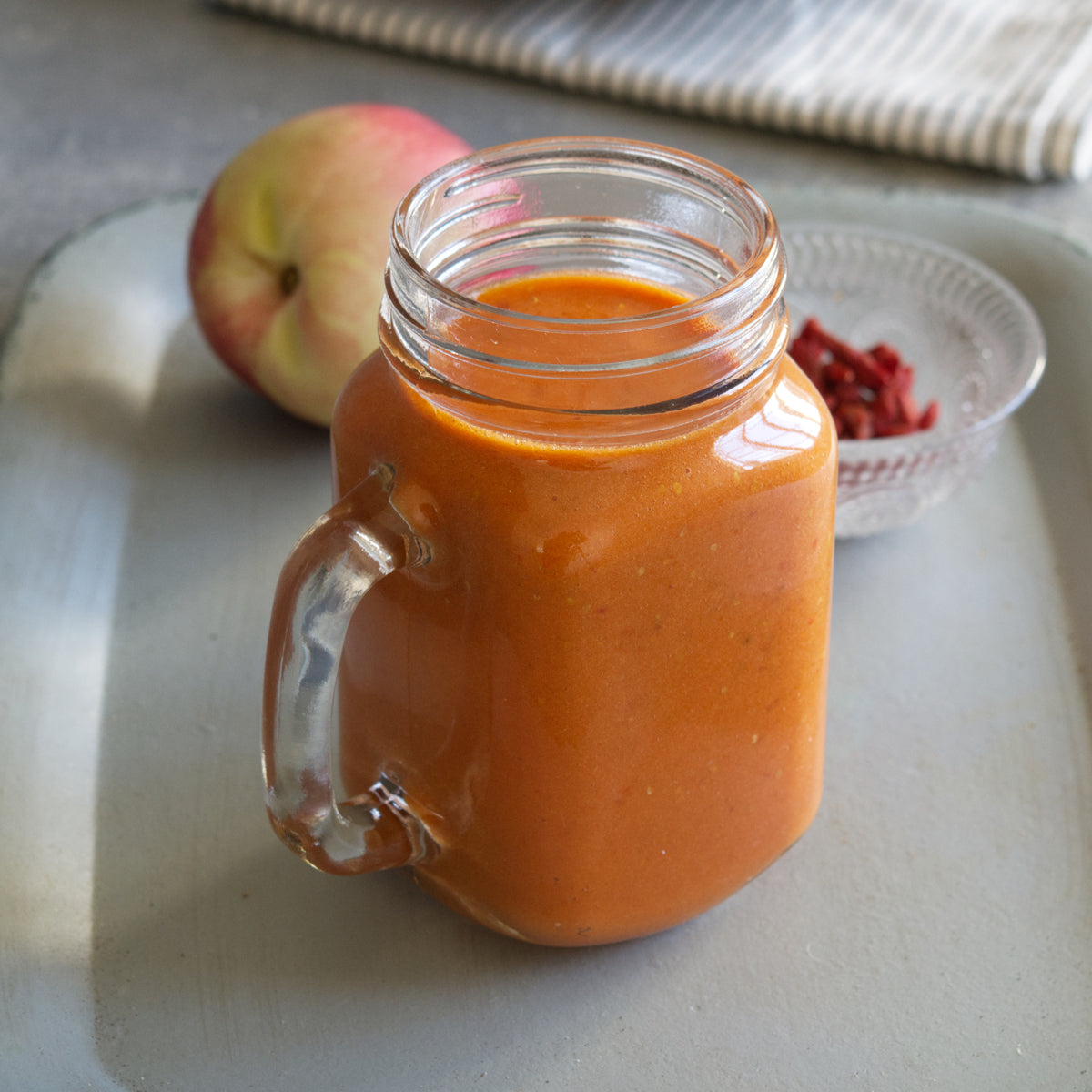
Healthy
Smoothies by us for you
Have you already discovered our smoothie recipes? Since the postpartum time is sacred to us, we have developed smoothies that are specifically tailored to the needs of your body during this time. Since they are based on super foods, they can't hurt you during pregnancy.
Try them out and report back. We are really excited and hope you are too!

